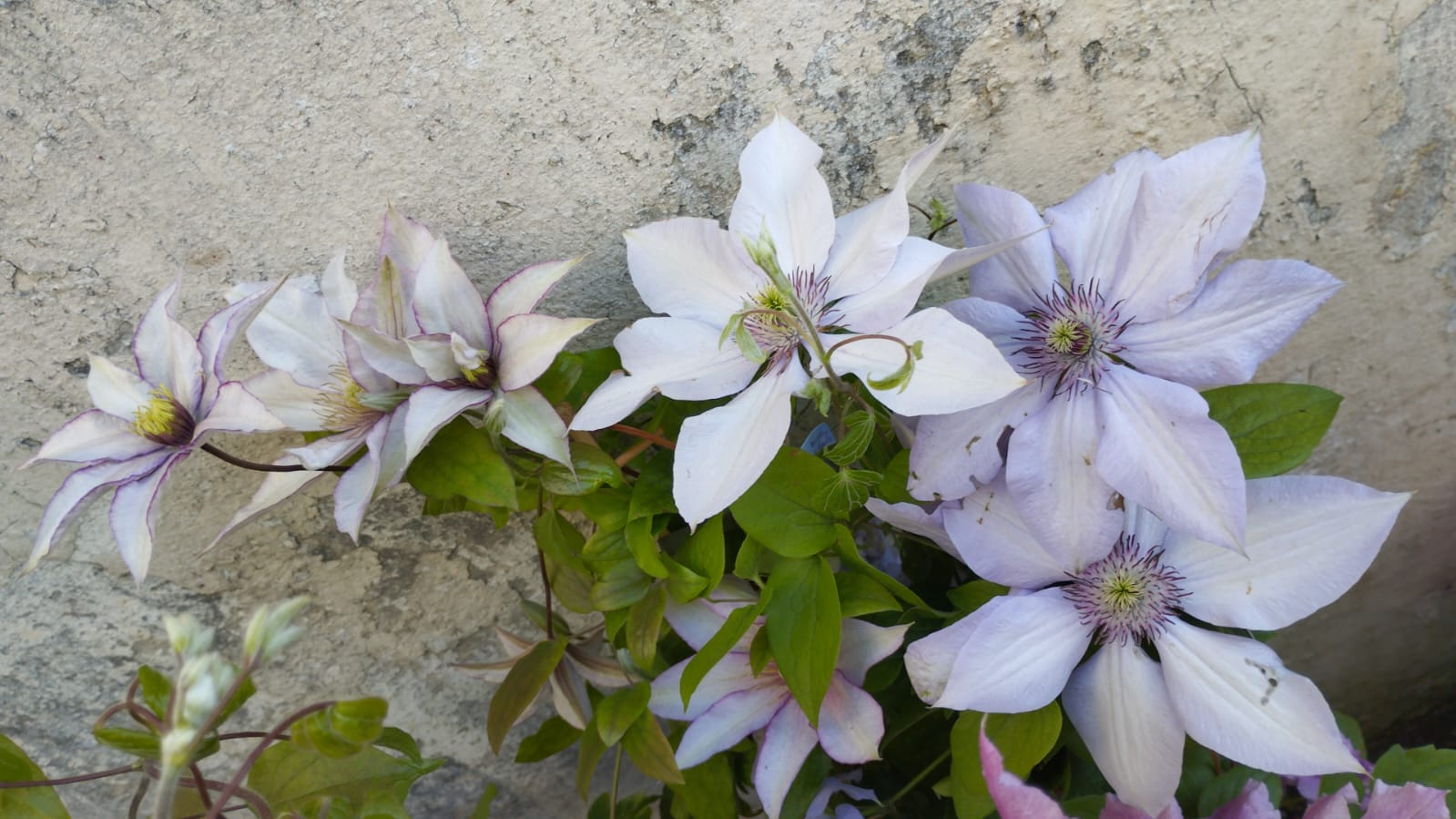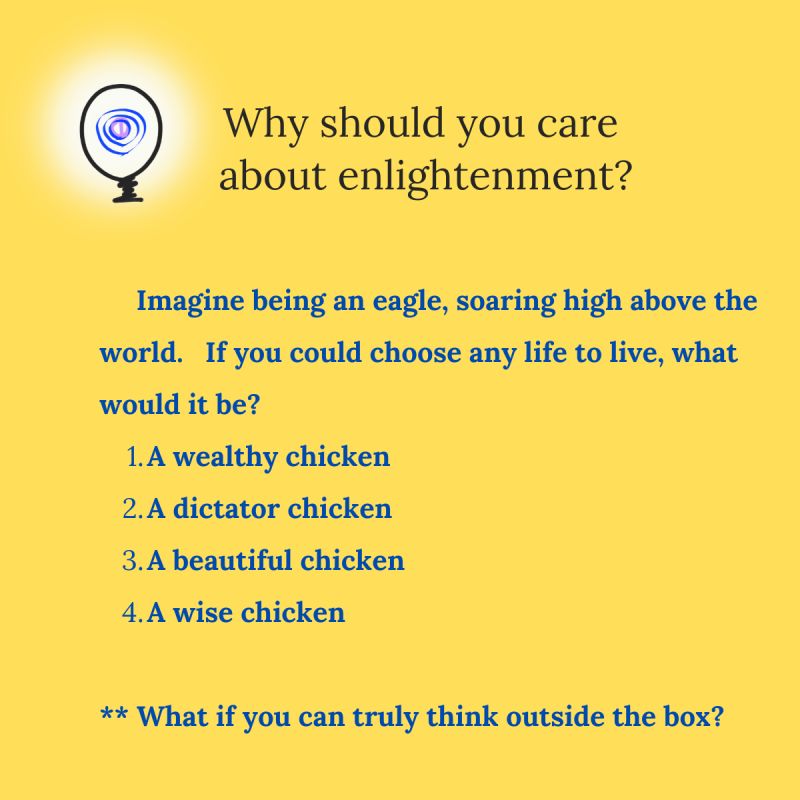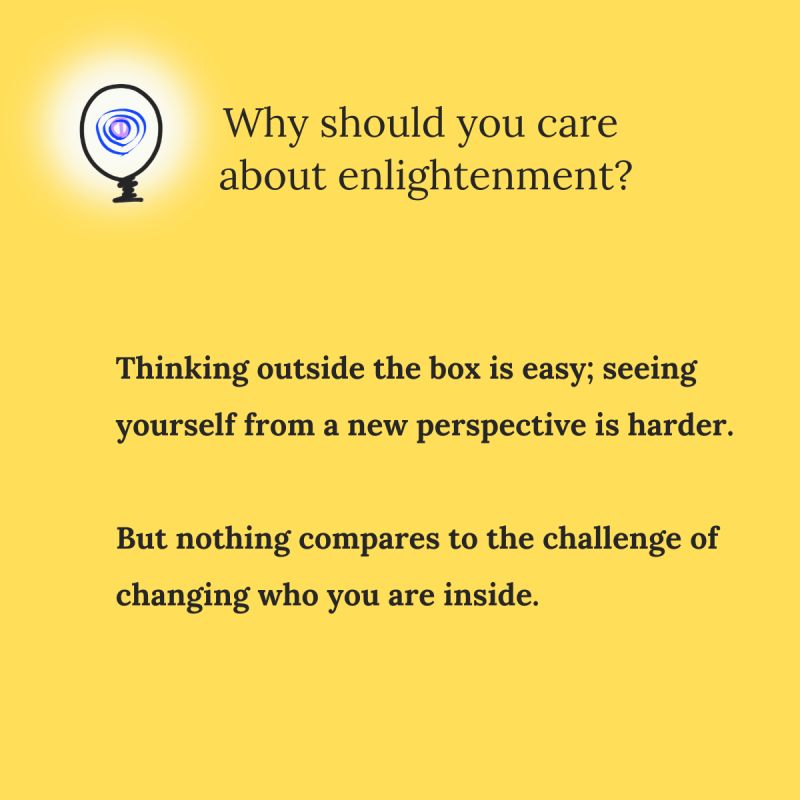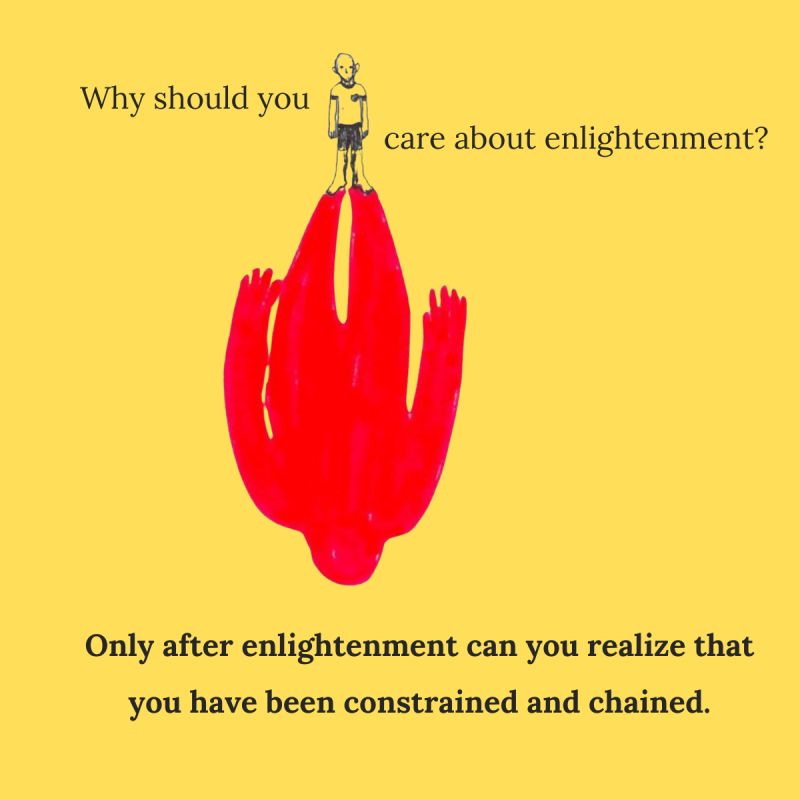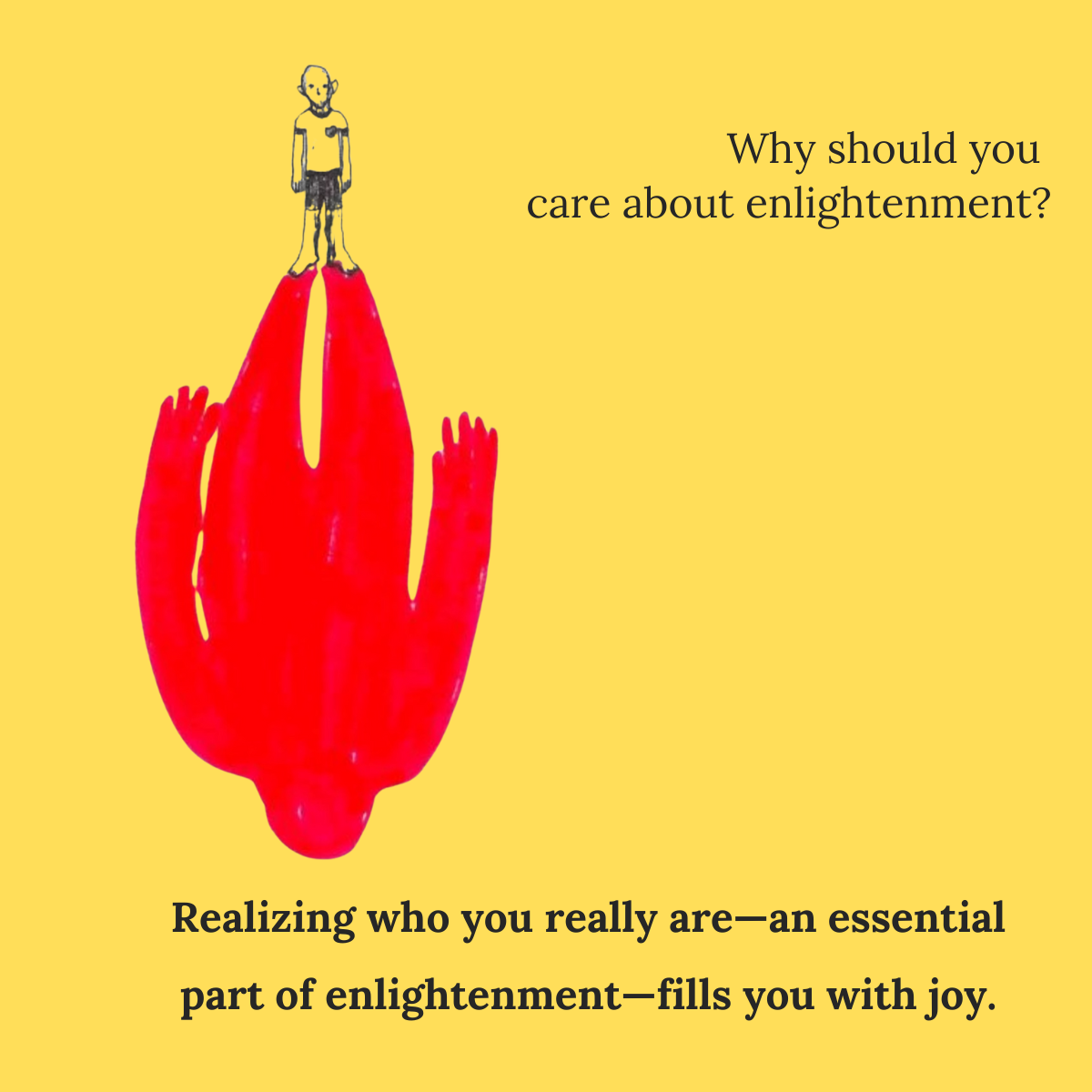Sobering
While in England, I stood on a pathway, talking with a new friend, who is eighty. Four geese had landed at the pond and we walked out to see them.
The sky was clear, the sun was bright and a few pretty clouds hung in the distance. We stood talking on the gravel walkway for several minutes, then walked another ten feet towards the manor house, beside a huge brick wall and stopped again.
Without any notice, a thin, silvery brilliant white bolt of #lightening, encircled in a soft silver mist came straight down from the sky. It was straight up and down and very tiny silver ember like shapes floated about it. There was no thunder, but only a distinct crack after it struck.
We both tried to dive under the brick wall, and we’re as terrified as we were mesmerized by the beauty and force of this. I imagined myself as a crumpled heap, disappeared in a moment without notice or warning, and being found by the gardeners a few days later.
It was #sobering.
We walked another forty feet towards the front door of the house and stood under the portico, looking down the long gravel driveway, flanked by a huge walls and summer houses on either side with large trees on either side.
The sky was still blue and clear but for the high clouds in the distance and there was no rain at all. Another, even larger bolt of lightening struck, also straight down and not upon the trees or walls or buildings but into the center of the driveway. We heard neither thunder nor a crack.
One wonders what to do to be safe and protected. But there was nothing we would have done differently. There was no lesson we could take away except that we are immensely vulnerable and live by the caprice of forces we cannot understand nor identify.
The fear and awe quickly shifted from a sense of deep vulnerability to the feeling that we were spared a quick fate we would never even have felt. With that came the feeling that we were extremely #fortunate. We thought we should have bought a lottery ticket on that day for the fates were in our favour.
There were no marks upon either of us but only a kind of tingling, especially in our arms for several days.
Actually I was hoping for some kind of superpower. Instead I became acutely more aware of the sky. While I would be less likely to go out in rain, there was simply no change in my activity which might protect me, should there be a near or closer strike. And somehow, seeing this exquisite force of nature, which toyed with my existence without restriction, could most closely be compared with the privilege of seeing some beautiful wild creature up close. I once saw a lynx walking and leaping up my driveway, caught in my headlights, in a gorgeous glistening coat. I must say that is about the nearest thing to the bolt of lightening.

